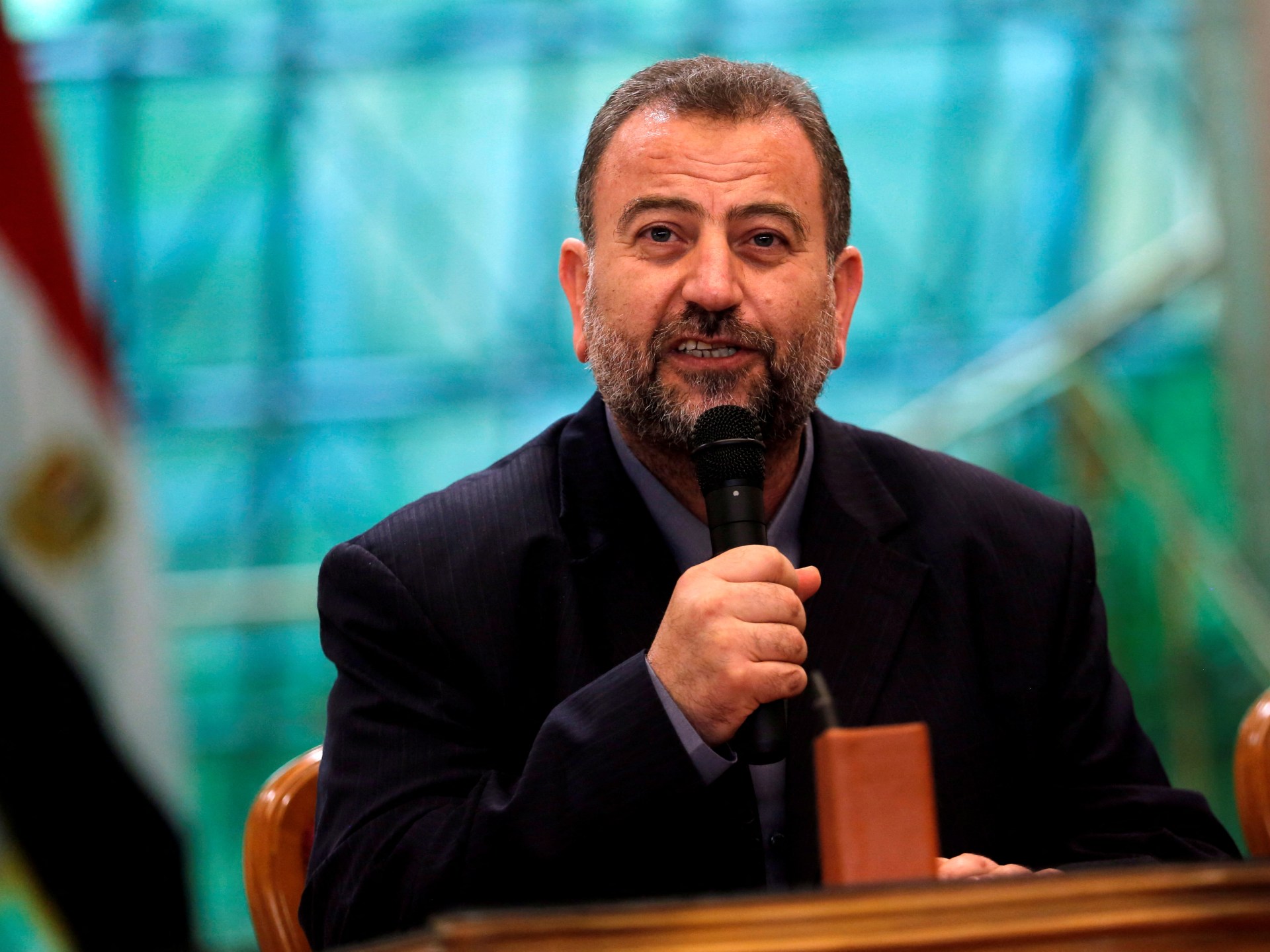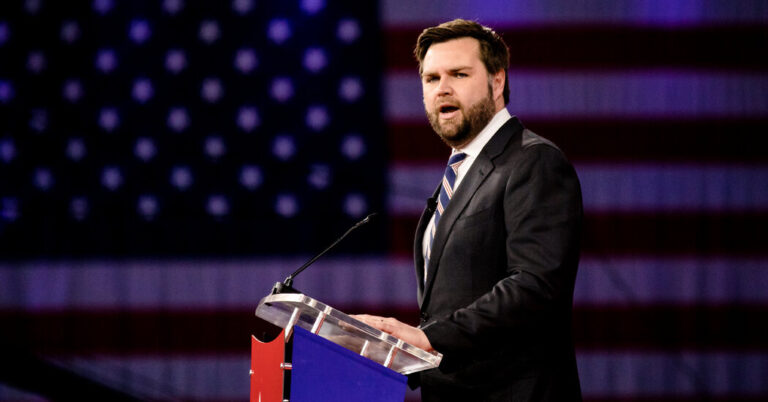Bias hotlines popping up at schools across US
Bias hotlines have been popping up at universities across the US in recent years — but experts fear such initiatives are becoming “more pervasive and more repressive” than ever.
New York University is among the handful of colleges that publicly advertise a specific “hotline” as a way for students to anonymously file complaints about discrimination, harassment and a string of other issues.
Other universities across the country appear to only have online portals, or other methods, in place for lodging complaints under their own bias response systems.
Critics, however, claim that the hotlines — and broader bias response systems in place at hundreds of other universities — are often used to just report faculty or students for expressing controversial opinions.
“Most purport to curb discrimination and harassment, but define those terms well beyond their legal definitions, suggesting that ‘offensive,’ ‘unwanted,’ or ‘upsetting’ words, alone, are unlawful. That’s almost never true,” Alex Morey, an attorney for the free speech rights advocacy group, Foundation for Individual Rights and Expression (FIRE), told The Post on Tuesday.
“But the result is students think they ought to be reporting fellow students or faculty to administrators simply for expressing a controversial opinion, or something they subjectively find offensive.”
It isn’t clear how many complaints NYU’s hotline number, which launched in 2016 and is displayed on student ID cards, has received in the last year.
NYU did not respond to The Post’s query regarding the context behind those complaints, who they were lodged against and what, if any, action was taken as a result.
Figures available on NYU’s website only show the number of complaints made between 2016 to 2018. Complaints were made against 188 people in that time, including 31% against faculty members. The highest category of complaints were related to race, according to the figures.
Under NYU’s bias reporting system, students and faculty can file a complaint about “experiences and concerns of bias, discrimination, or harassing behavior.”
The report is then assessed by administrators within the university’s Office of Equal Opportunity to facilitate a response or determine if an investigation is warranted.

“The Bias Response Line is designed to enable the University to provide an open forum that helps to ensure that our community is equitable and inclusive,” according to NYU’s site.
Meanwhile, Penn State’s 24-hour hotline and online portal garnered 233 complaints between May 2020 and May 2021, according to the Pennsylvania university’s latest bias motivated annual report.
The majority of the complaints made at Penn State were related to race. Of the complaints, 36% were made against undergrad students and 29% were against faculty members.
The University of Missouri and New Jersey’s Drew University also promote “bias hotlines” on their websites. Drew didn’t respond to The Post, while the University of Missouri said a Freedom of Information request was required for figures related to complaints.
While the concept of a bias response team or system isn’t new in universities and colleges, they have been “spreading rapidly” in recent years, according to a First Speech report published earlier this year.

The non-profit group, which says it advocates for students’ free speech rights, found that more than half of the 824 leading universities and colleges it analyzed in the US now have some form of bias reporting in place.
That figure has nearly doubled in the last five years alone — up from 232 in 2017 to 457 this year, the report said.
“Bias reporting systems are popping up all over the country,” Free Speech Executive Director Cherise Trump, who is not related for the former president, told The Post on Wednesday.
“Universities are asking students to inform on one another anonymously so the university can track and investigate ‘bias.’ Who defines ‘bias?’ Well the university does of course.”
She added, “These policies do not cultivate a space of inclusion and diversity. Instead, they compromise students’ fundamental rights to free speech and inquiry which will have a profound effect on their educational experience.”
Morey, the FIRE attorney, echoed those concerns, saying “a college campus is the worst place to foster a culture of fear around controversial conversations.”
“Colleges absolutely have a duty to address discrimination, harassment, sexual violence, and other crimes on campus. But laws are already on the books to punish people who engage in that kind of conduct,” she said.
“Bias response schemes instead incentivize silence around the most important issues of our day, because students and faculty know they could be investigated, or worse, for saying the wrong thing.”
Check out our Latest News and Follow us at Facebook
Original Source







